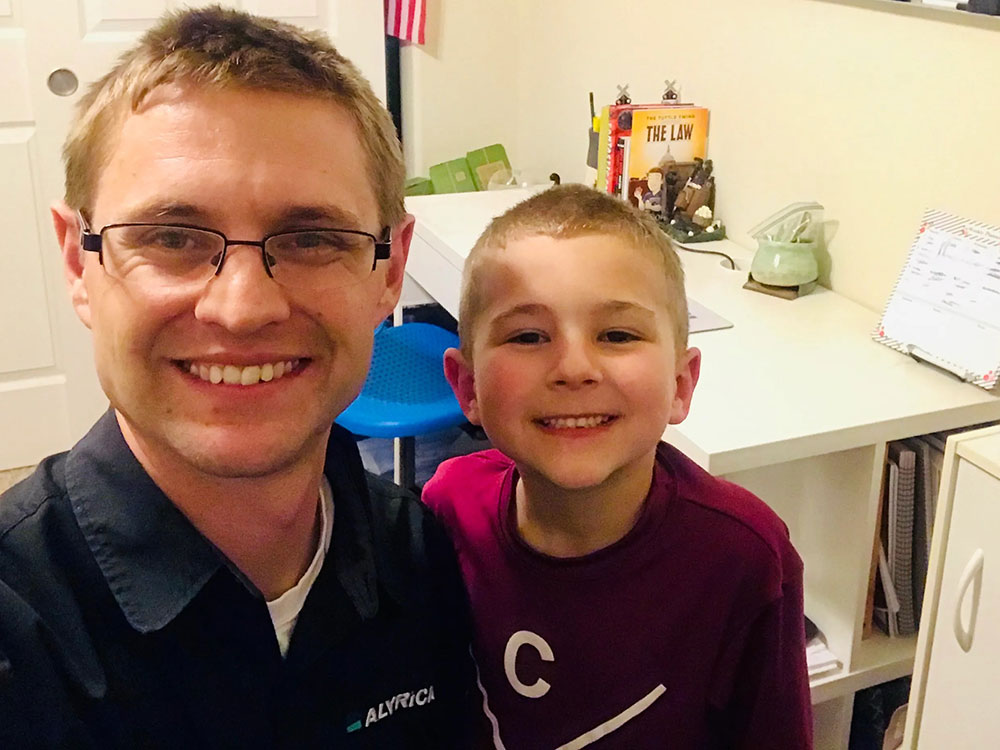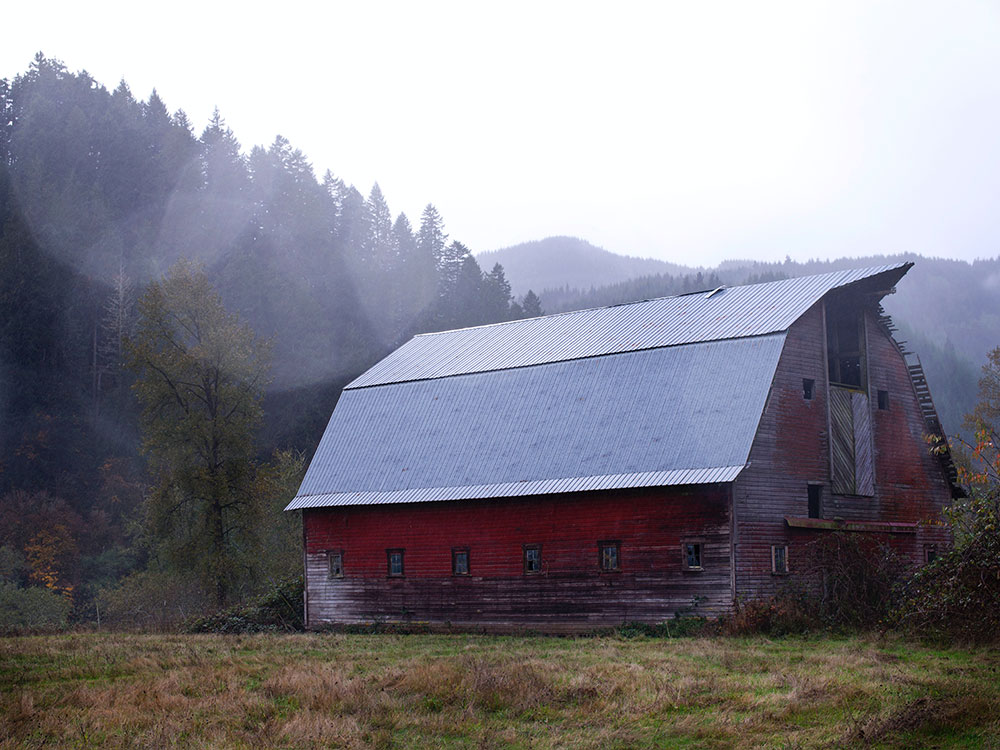
There I was, talking with someone yesterday morning at an Albany Chamber Greeter’s event about the news regarding the Coronavirus and the Governor banning gatherings of over 250 people.
As the conversation grew, there were other people at this greeter’s event that were business owners, parents, etc. We were talking about the effects of this ban as well as what next steps could be taken (including school closures, banning gatherings of over x number of people, etc.).
The main concern revolved around what this would mean for families if everyone had to stay home for a couple weeks.
I heard just this morning that all public schools in Oregon are closed until April, making the concern that people had yesterday a reality today.
What I learned… and how this can enable you to stay productive during this time
When I go to these events it is purely to see other business leaders, make new connections, etc. Very rarely do I give out business cards or try to sell our services. (We are friendlier internet after all…)
BUT several people had made the comment that if they had to work from home with their current internet connection, they simply wouldn’t be able to do it. For many, their internet connection is just too slow and/or too unreliable.
I let them know that there is a good chance that we would be able to get them online. They just needed to call our office to get the process started with our team.
Are you ready? Next steps you may want to consider
People that know me know that I am not an alarmist by any stretch of the imagination. I am very optimistic that the Coronavirus will be stopped and that we will be able to all carry on with our lives, have a great summer in Oregon, and that in a year or so this will be a distant memory.
All that to say, with the measures that have been taken, there is a possibility that more and more people will be required to work from home. I wouldn’t have even thought about it myself since we have a great internet connection at our house and working from home for a couple weeks wouldn’t be a big deal for me and my family.
The conversation with my friends at the greeter’s event changed my perspective in a big way. Anytime a crisis happens, one of the most important services that can be provided is communications. In our ever-growing digital world that means a reliable internet connection.
In case you haven’t looked at changing internet providers in some time, it’s not as scary as it sounds. Here is what you can expect from us: We have local staff that answer the phone when you call and can answer any questions you have. Our team is scheduled about a week in advance and we do our best to work with people’s schedules for install times.
Measures we are taking to keep our team and our customers safe while we help enable people to work remotely
I certainly understand people’s concern for the health and safety of their family and friends, not to mention the greater community we live in. As my wife and I had our second kiddo just 6 weeks ago, I’m very germ-conscious!
Our team goes into homes and businesses everyday. Here are some of the steps we are taking to ensure the health and safety of our customers that we interact with on a daily basis, as well as keeping our team safe:
The majority of the work our team has to do is outside. While they are inside people’s houses they are instructed to sanitize their hands before entering the house and if a customer requests, to wear disposable gloves as well as a mask.
How Can Alyrica Help?
It’s been a crazy few days impacting events, gatherings and workplaces all over the valley. No one can predict the future, but if you’ve been sitting on the fence about getting a better internet connection at your house, it may be the right time.
In case you’re wondering what our process looks like to get you online, in total it takes less than a week from the first phone call to getting you online and able to work from home. It all starts with a call or checking if your address is in our coverage area.
I think the best question we can ask is…”Do you have what you need to work from home?”
Locally owned, family business; that’s Alyrica!



